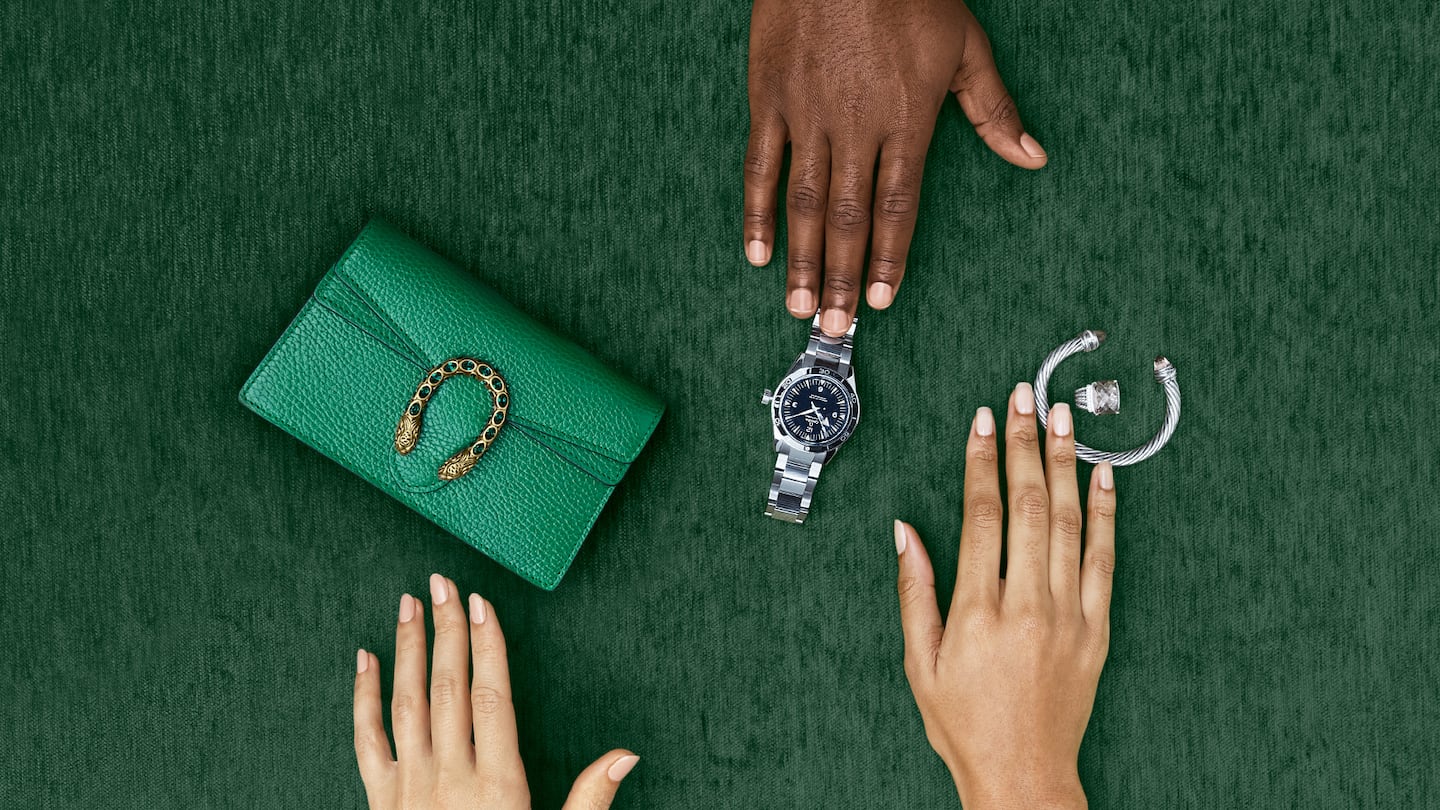
The Business of Fashion
Agenda-setting intelligence, analysis and advice for the global fashion community.

Agenda-setting intelligence, analysis and advice for the global fashion community.

EBay has not been shy about its ambition to capture more of the luxury resale market. But while the Silicon Valley company is widely considered the pioneer of online peer-to-peer selling for all types of goods since its early startup days in the 1990s, building a business catering to high-end buyers and sellers has been challenging — as even start-up competitors like The RealReal and Vestiaire Collective have also learned.
The news last week that eBay is part of a £7.5 million ($9 million) deal to invest in Cudoni, a UK-based VIP resale service, is just one of several steps the company has been taking to make a bigger mark in luxury resale since the arrival of Jamie Iannone as CEO in 2020.
But resale for high-ticket items like handbags or hype sneakers is arguably more complex than for other categories due to the level of trust that a buyer needs in both the seller and the marketplace before making these relatively pricey purchases.
One part of establishing that trust is assurance that an item is authentic. Both eBay and Cudoni have aimed to address this through their respective authentication programmes. EBay’s Authenticity Guarantee programme launched in 2020 for watches selling for $2,000 and up, and has since expanded to other categories like sneakers and handbags. At Cudoni, authentication and the white-glove service go even further: it has its own team of authenticators and pricing strategists who manage the entire selling process, including home collection and listing items on its platform.
ADVERTISEMENT
Brand awareness is also critical for building trust, and this is where eBay may be able to bolster Cudoni. Over the years, eBay has forged strong brand awareness in fashion resale, something others in the field — including Cudoni — have yet to achieve. When BoF Insights asked consumers to name fashion resale platforms, The RealReal, Vestiaire Collective as well as eBay topped the list. EBay’s Cudoni investment is a mutually beneficial play, for sure — while Cudoni can ride on the longstanding brand strength of an industry pioneer, eBay gets access to expertise on catering to the top-end consumers of resale.
For more in-depth analyses on the resale landscape, see the full report from BoF Insights: The Future of Fashion Resale.
The UK-based luxury resale company announced the £7.5 million ($9 million) raise Monday.
Hundreds of fashion companies are looking to build their own resale channels, giving rise to a new class of B2B start-ups that aim to help them navigate the nascent industry.
Companies like The RealReal and ThredUp promised Wall Street that with scale comes profit. But operational costs and competition have kept them in the red.
Secondhand fashion has existed for decades, primarily in the form of thrift and vintage stores. However, the advent of online resale platforms in the last 15 years has led to a step change in how pre-owned fashion can be bought and sold.

Diana Lee is the Director of Research & Analysis at The Business of Fashion. She is based in London and oversees the content strategy and roadmap for BoF Insights.
The company, under siege from Arkhouse Management Co. and Brigade Capital Management, doesn’t need the activists when it can be its own, writes Andrea Felsted.
As the German sportswear giant taps surging demand for its Samba and Gazelle sneakers, it’s also taking steps to spread its bets ahead of peak interest.
A profitable, multi-trillion dollar fashion industry populated with brands that generate minimal economic and environmental waste is within our reach, argues Lawrence Lenihan.
RFID technology has made self-checkout far more efficient than traditional scanning kiosks at retailers like Zara and Uniqlo, but the industry at large hesitates to fully embrace the innovation over concerns of theft and customer engagement.